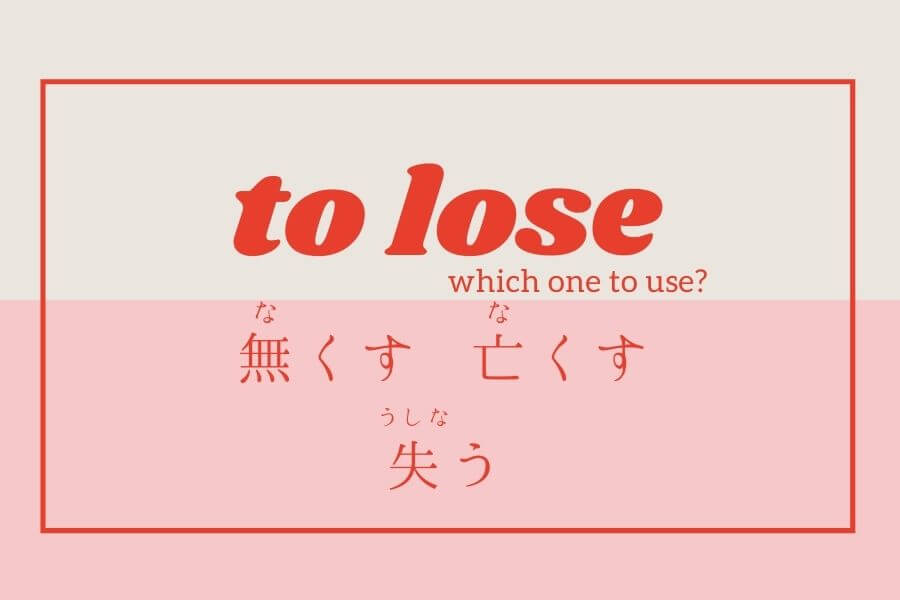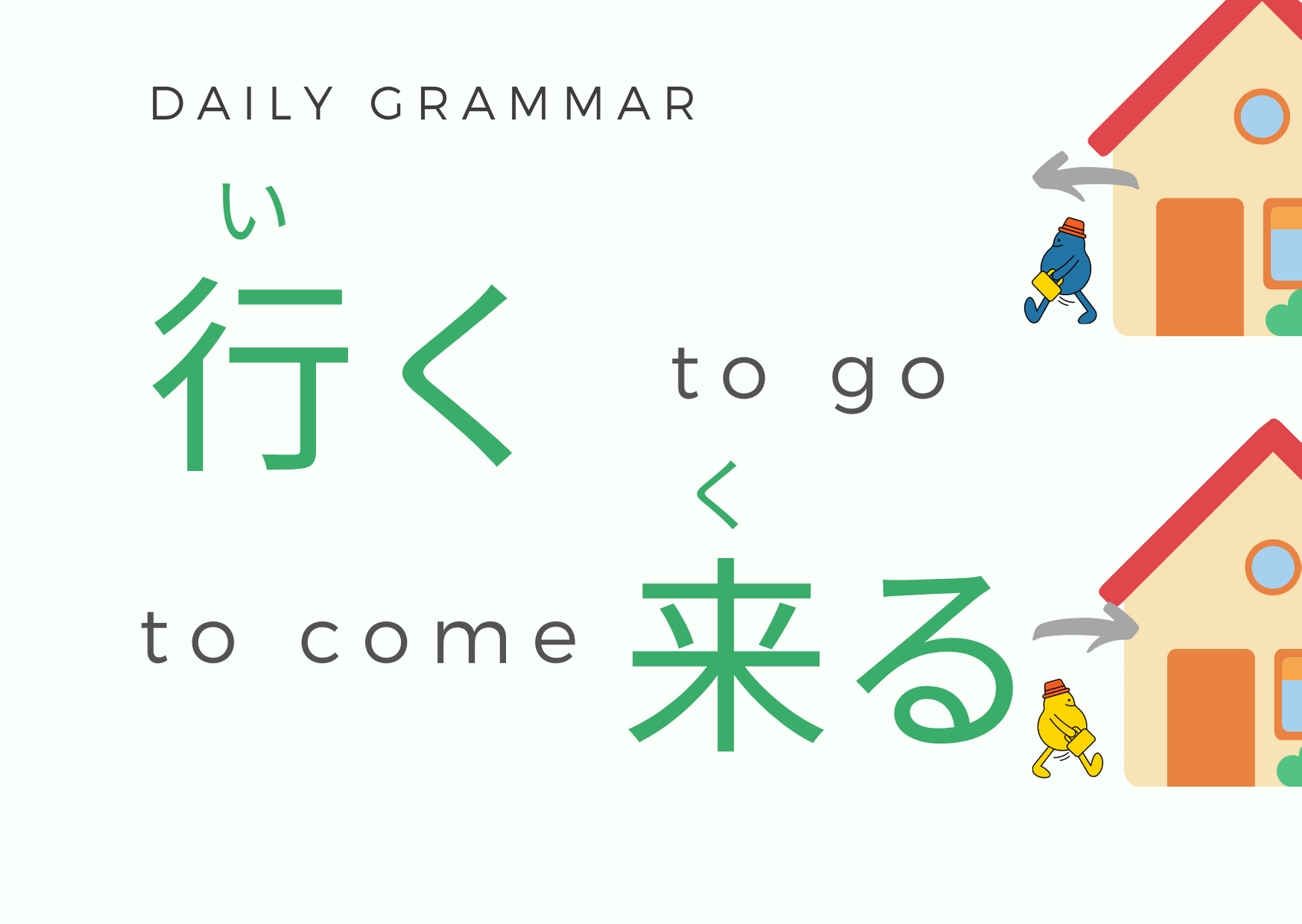無くす(なくす) This なくす is used when we lose something tangible. 財布を無くす lose a wallet 鍵をなくす lose a key ペンを無くす lose a pen 亡くす(なくす) This なくす is used when we lose someone. *This is a transitive verb. Always someone who is deceased is the object in the sentence and I is the subject. 去年、母を亡くした。 I lost …





